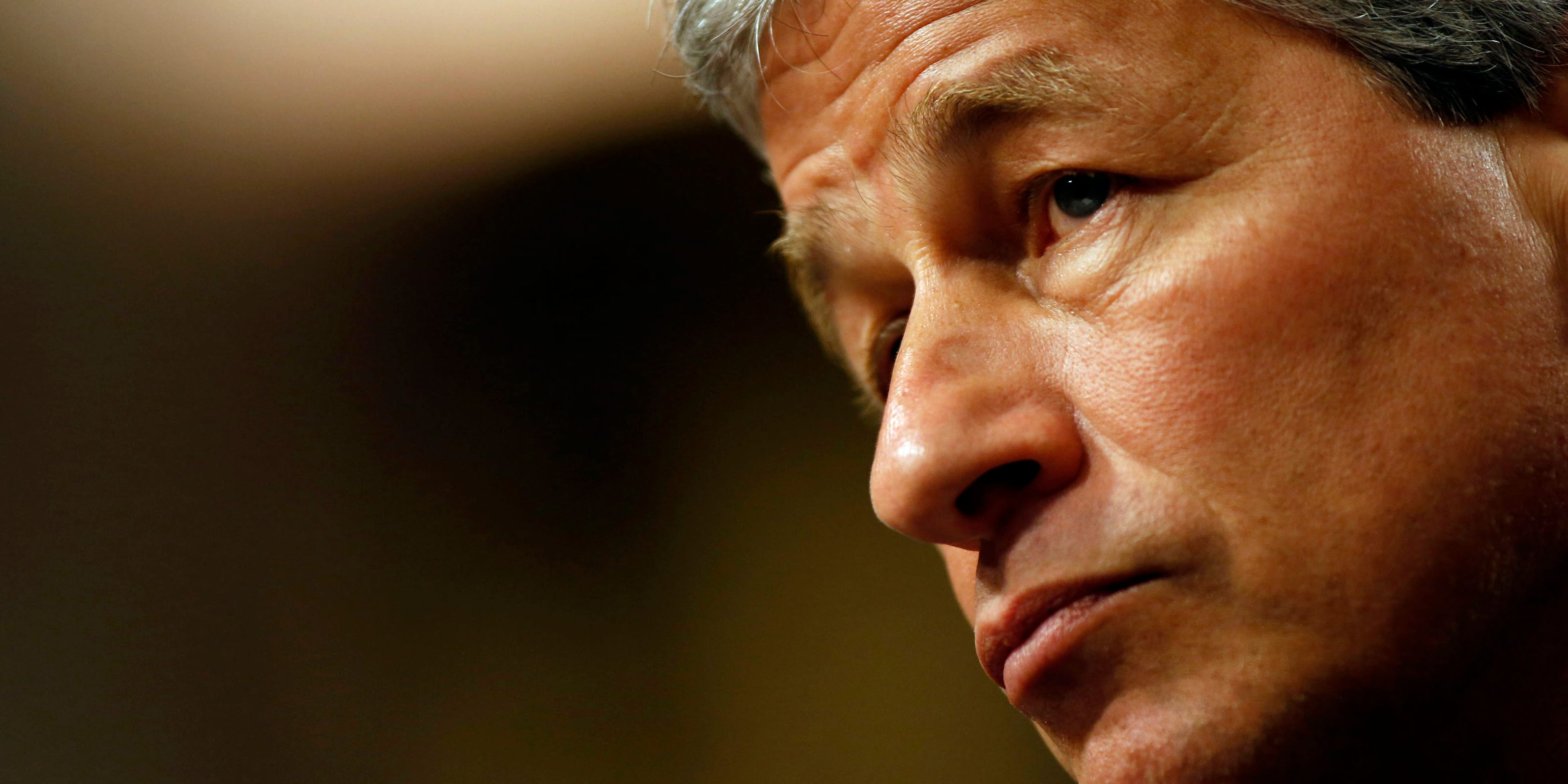JPMorgan CEO Jamie Dimon said the Russia-Ukraine war is the top risk to the global economy. In his view, the conflict in Ukraine represents the biggest geopolitical threat since World War II. He also told Bloomberg that it’s possible the US economy avoids a recession. Loading Something is loading.
Thanks for signing up!
Access your favorite topics in a personalized feed while you’re on the go.
JPMorgan CEO Jamie Dimon said it’s still possible the US can avoid a recession but added that Russia’s war on Ukraine poses a big risk to the world.
“The thing I worry the most about is Ukraine,” he told Bloomberg Monday at JPMorgan’s Leveraged Finance Conference in Miami. “That is much more serious than the economic vibrations that we have to deal with on a day-to-day basis.”
There’s a great deal of uncertainty around the war still, and no one knows how it’s going to end, Dimon said, adding that it’s having an impact on global relationships and energy markets, while dragging on trade between the US and China.
“This is probably the most serious geopolitical thing we’ve had to deal with since World War II,” Dimon maintained.
Last month, he said he thinks a soft landing is still possible but warned the economy faces several uncertainties.
In a CNBC interview, he said there’s “scary stuff” ahead and listed potential headwinds like the Federal Reserve’s quantitative tightening and Russia, Ukraine, oil, gas, war, migration, trade, and China.
On Monday, he reiterated his view that a soft landing is possible, in large part that’s due to the strong consumer and jobs market.
“The consumer still has a lot more money in their checking accounts than before COVID,” Dimon said. “They’re spending 10% [more] than last year, 40% more than pre-COVID, and it looks like they’ll have excess money to spend roughly until the end of the year… and QT hasn’t started to bite. We could still have a soft-landing.”
Still, a mild recession or a harder recession remain on the table because broader trends around the world like the green energy transition and geopolitical uncertainty are inflationary.
On the other hand, home prices are still up and the labor remains robust with wages going up on the lower end as well, while stock portfolios are positive over 10- to 15-year time periods, Dimon said.
“The consumer today is in great shape,” he said. “But I’m telling you that’s going to end at one point. But even if we go into a recession, then the consumer is entering the recession in a far better position than ’08.”
